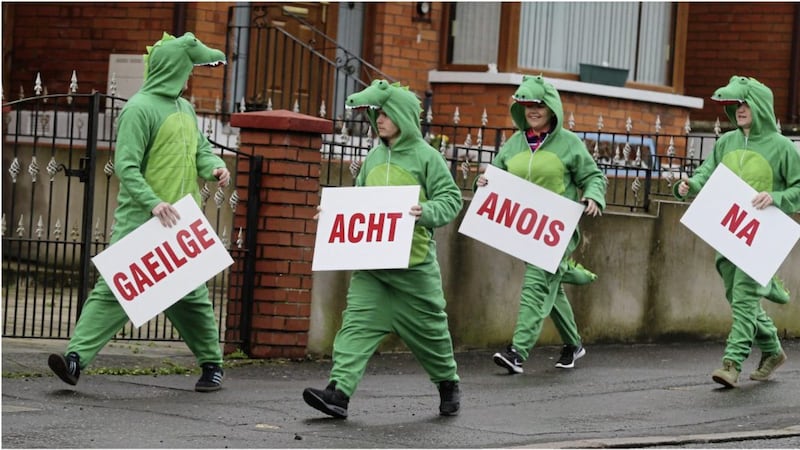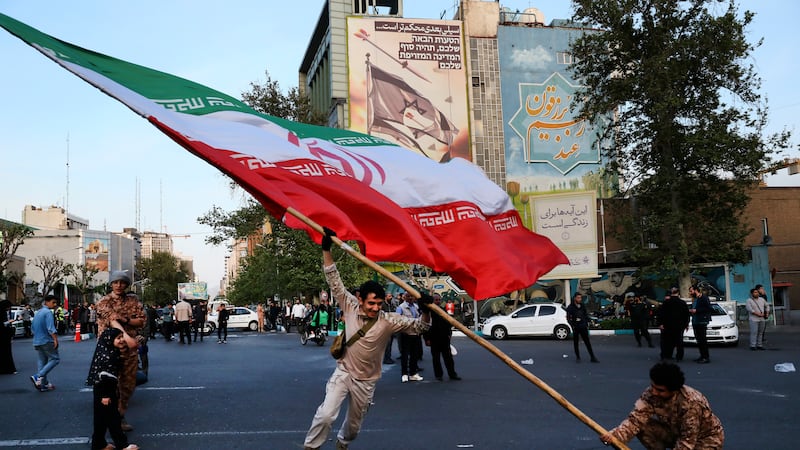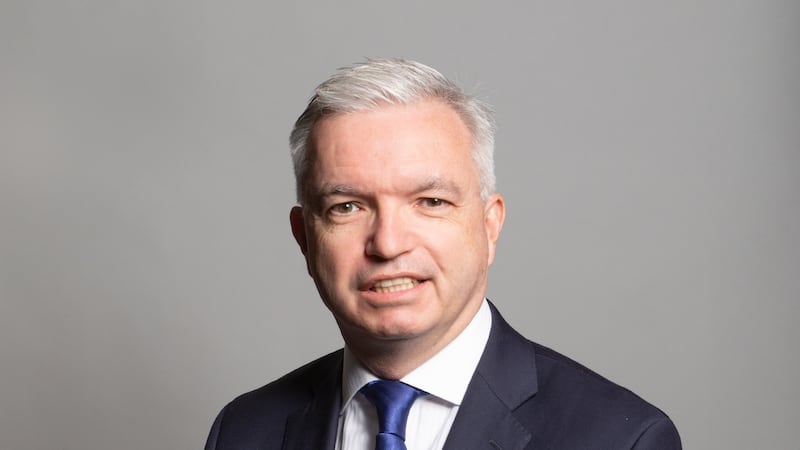An Irish Language Act has been a central demand of Sinn Féin if it is to return to government.
There's been plenty of heat in the debates around an acht na Gaeilge but very little light. Political Correspondent John Manley looks at what the legislation might contain and how much it will cost.
Outside of unionism there's a broad consensus that the north should have an Irish language act to protect, preserve and promote Ireland's indigenous tongue and counter centuries of linguistic suppression.
What form this legislation should take varies depending on which organisation or political party you speak to. However, arguably the greatest differences lie in how various advocates believe the act should be implemented and how rigorously it should be enforced, which at this stage is difficult to gauge.
Since the 2006 St Andrews Agreement included a pledge to introduce an Irish language act, there have been three separate consultations on legislation, the last of which was conducted by the Department of Culture, Arts and Leisure (Dcal) in early 2015.
It is this consultation document, launched by the then minister Caral Ní Chuilín, that Sinn Féin says "forms the basis for discussions" during the current negotiations at Stormont.
Among other things, the consultation proposed Irish be deemed an 'official' language, that an independent language commissioner be appointed, and that the use of Irish be permitted during court proceedings and in the assembly.
The document also proposed a guarantee of the right to be educated in Irish, the creation of unspecified Gaeltacht areas, and the provision of language schemes by public bodies.
Television and radio programmes are an important aspect of any efforts to promote minority languages, however, broadcasting is a reserved matter, which means Westminster dictates budgets and quotas.
One potentially controversial proposal in the consultation was a "provision for affirmative action in favour of Irish speakers in recruitment to the civil service and other public bodies".
In recent months, Sinn Féin's Máirtín Ó Muilleoir has sought to dispel the claim that "speaking Irish a condition of employment for ten per cent of all public employees".
"Bunkum," is how the former finance minister described this claim. "Fair employment legislation here was hard won – Sinn Féin sees no need to set aside that legislation under any new Irish language act."
There were no costings to accompany the Dcal consultation.
Following last year's 2016 Stormont election, at the beginning of what was expected to be a five-year mandate, the SDLP's Patsy McGlone said he hoped to secure an Irish language act through a private members' bill through the assembly. However, the Mid Ulster MLA's plans were thwarted by Stomont's collapse some seven months later and therefore no template for the bill was ever created.
In recent years two main Irish language advocacy groups, Conradh na Gaeilge (CnG) and Pobal, have published their own proposals.
Both organisations have moved from supporting a scheme-based to a standards-based approach, which reflecting the experience in Wales and Scotland gives greater clarity to those who must adhere to the legislation.
On paper, the two groups proposals are not significantly different but CnG appears to be much more flexible and pragmatic in its approach.
They also differ significantly on their costings for implementing the legislation. In March, CnG said its proposals would require a one-off cost of £9 million to build the infrastructure to support the the legislation, and £2 million a year thereafter – £19m over five years.
However, Pobal believes its counterpart's estimates are "unrealistically low" though notably it has not speculated publicly about what level of funding it believes a standalone Irish language act would require.
The latest proposals to emerge came courtesy of Alliance, which published its position paper last week.
Its proposals are uncosted and leave open the possibility of legislation incorporating Ulster Scots.
Alliance said its proposals will broaden rights without compelling schoolchildren to learn Irish or forcing the introduction of bilingual signs in public places.
It also rules out "discriminatory employment practices" and insists Alliance will not "legislate for costly government programmes".





